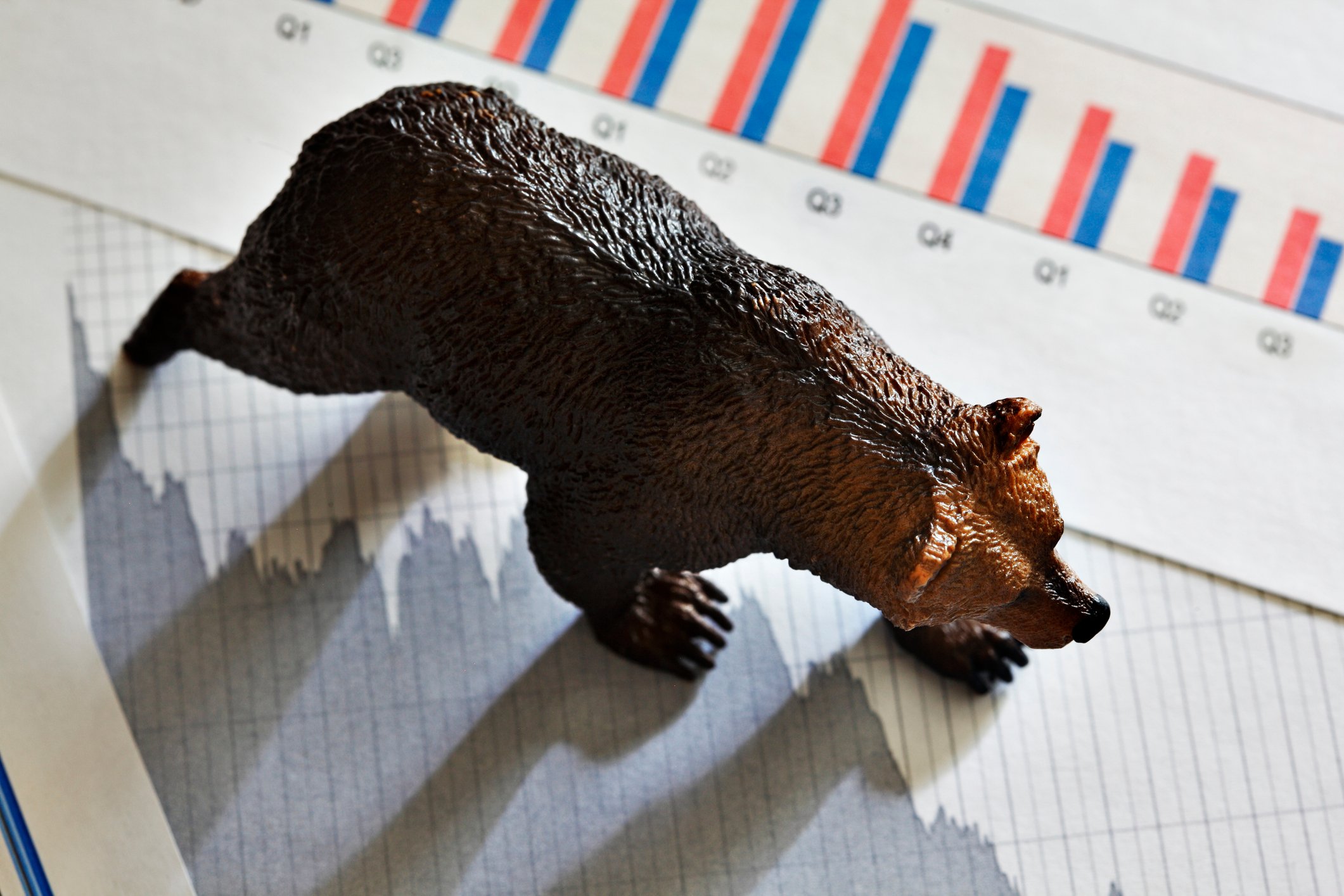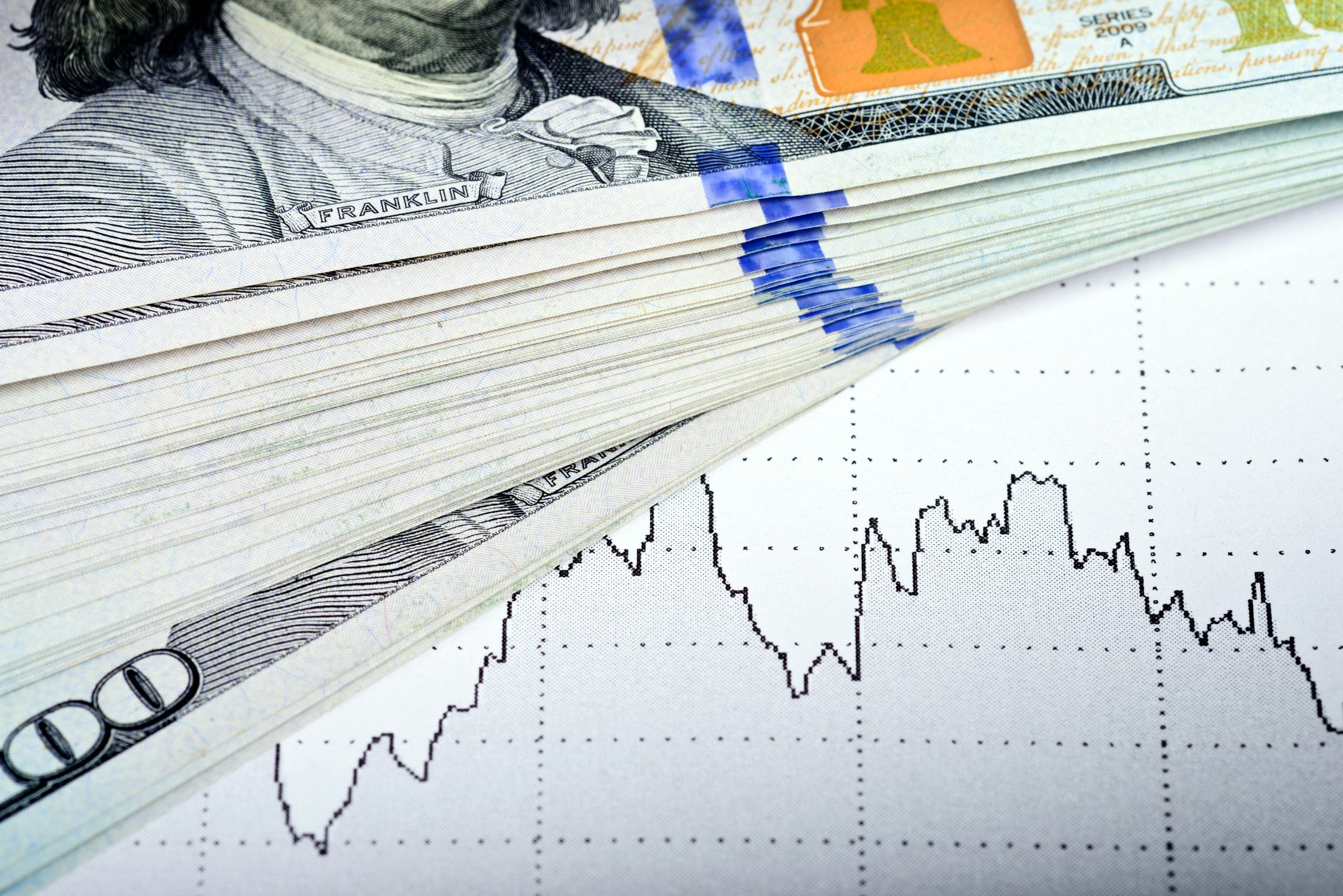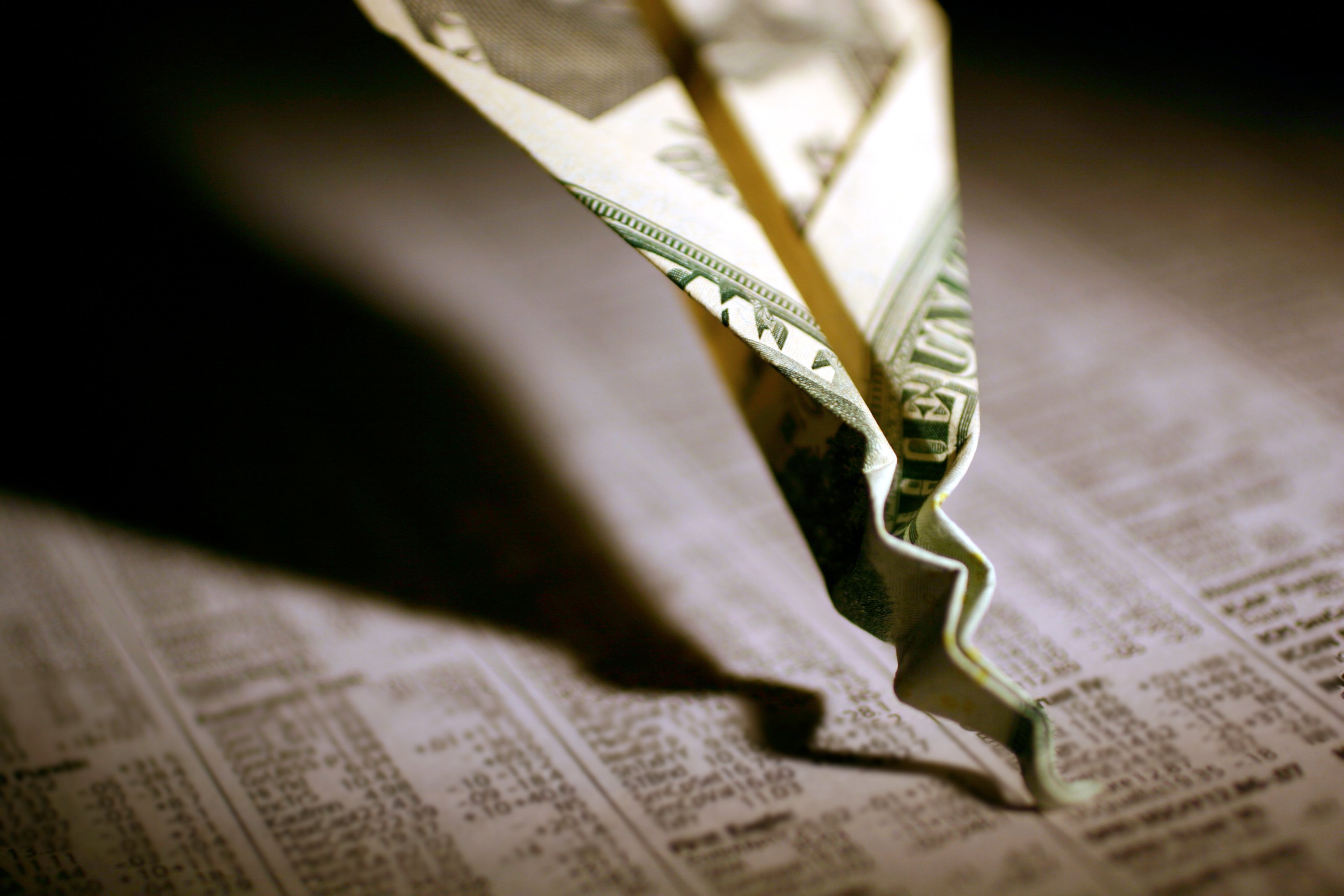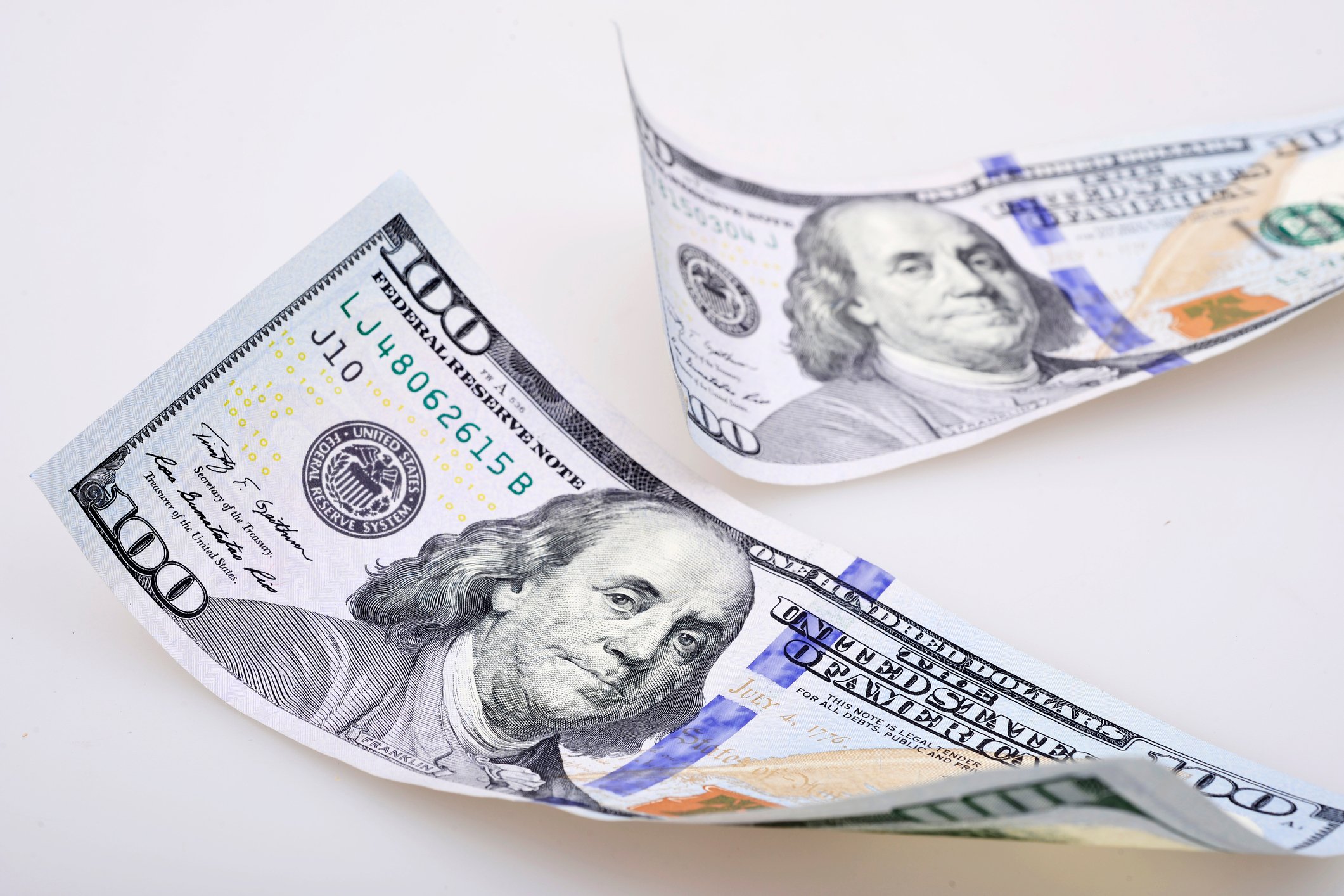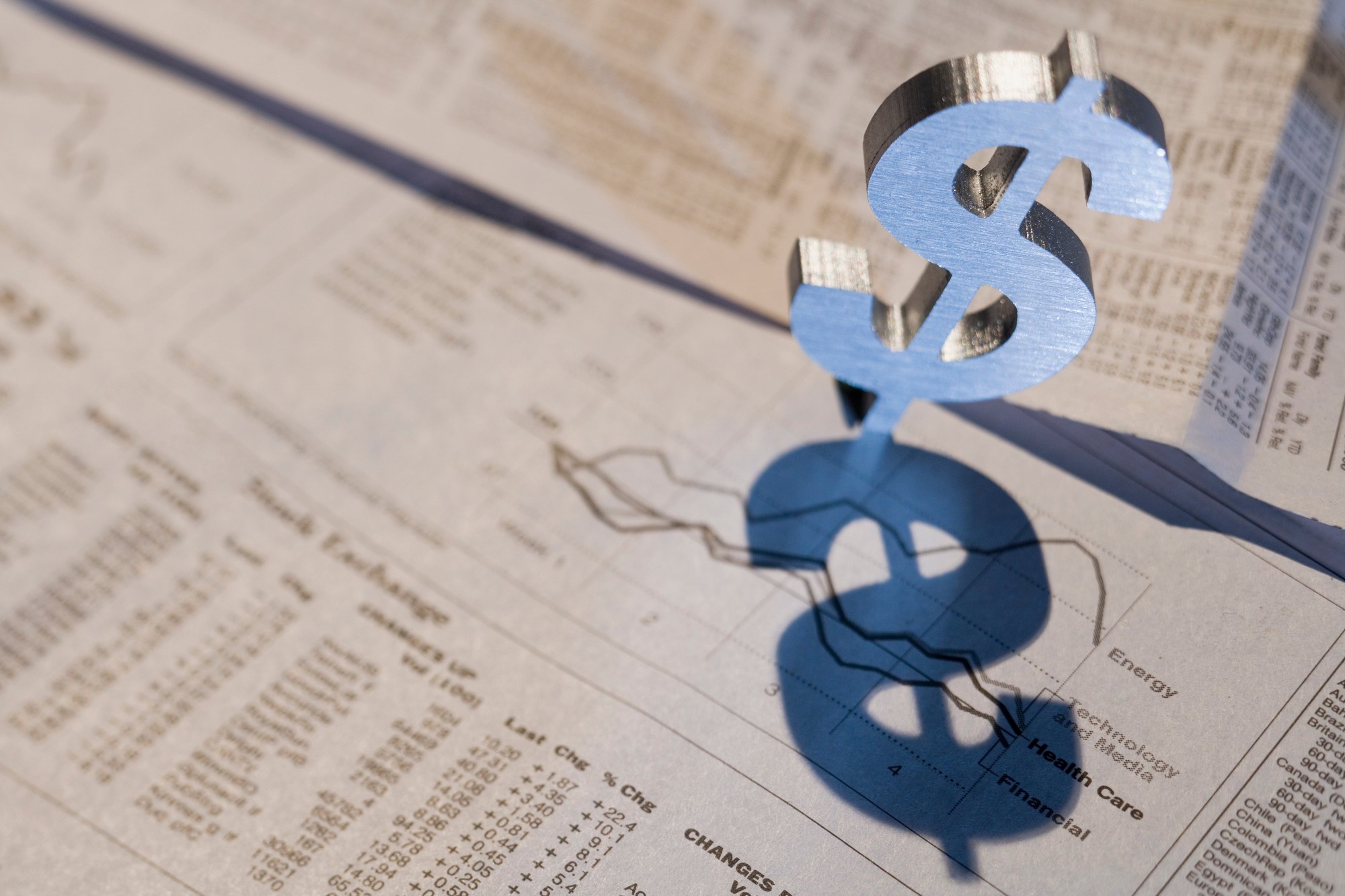This has not been an easy year for Wall Street. Despite the fact that tech stocks are on fire and the Nasdaq Composite has hit more than two dozen new all-time highs in 2020, the benchmark S&P 500 collapsed 34% in a matter of 33 calendar days during the first quarter, and most non-FAANG stocks have struggled to get back to their starting point for the year.
Worse yet, the coronavirus disease 2019 (COVID-19) pandemic has put an official end to the longest economic expansion in U.S. history. With second-quarter gross domestic product likely to come in at a decline of more than 30%, the U.S. has, without question, entered a recession.
However, periods of recession don't mean investors should run and hide. Rather, it simply means that investors should be more mindful when picking out businesses to invest in. Here are four such instances of must-own recession stocks.

Image source: Getty Images.
DexCom
One defensive sector that generally does well during periods of panic and uncertainty is healthcare. That's because people don't get to decide when they get sick or what ailments they develop, which means drug and device companies tend to do well and generate predictable cash flow in pretty much all economic environments.
One medical device company that should be particularly strong during periods of recession is DexCom (DXCM +0.43%). Although DexCom isn't cheap at close to 19 times Wall Street's projected 2021 sales, it's earned one heck of a premium given its rapid-fire growth rate and massive market potential.
You see, DexCom is a manufacturer of continuous glucose monitoring (CGM) systems that assist diabetics in keeping track of their blood sugar levels. DexCom's devices not only help patients stay on top of their blood glucose readings to live healthier lives, but its CGM devices can coordinate with an insulin pump to ensure proper glycemic balance.
In other words, DexCom is sitting on a honey pot. There are 34.2 million diabetics in the U.S., with another 88 million folks experiencing symptoms of prediabetes (whether they realize it or not). The pool of patients that DexCom's CGM's can assist is constantly growing, which should allow DexCom to maintain one of the fastest growth rates among S&P 500 companies.

Image source: Square.
Square
If the COVID-19 recession has taught us anything, it's the growing importance of financial technology stocks like Square (SQ +1.59%).
There's no doubt that Square could face some adverse impacts from a recession. For instance, the company's seller marketplace has often relied on small and medium-sized merchants for fee-based revenue since its inception. However, we've begun to see a shift in gross payment volume crossing Square's point-of-sale platform. Nowadays, larger businesses make up the majority share of payment volume on Square's network. That bodes well for the company, especially given that the U.S. is a consumption-driven economy.
The bigger catalyst for Square looks to be peer-to-peer payment platform Cash App. The company announced record enrollment during March and April, and this comes after more than tripling its monthly active user count from 7 million to 24 million between December 2017 and December 2019. With Cash App allowing consumers to link their account to Cash Card for use as a more traditional debit card, as well as exchange fiat currency for bitcoin, it looks as if it'll be Square's primary growth driver throughout much of the decade.

Image source: Getty Images.
NextEra Energy
Must-own recessions stock are businesses that bring a lot of predictability to the table, and that's exactly what electric utility stock NextEra Energy (NEE +1.75%) does for its investors.
Consumers and businesses typically don't adjust their electricity and natural gas consumption habits much when the U.S. economy enters a recession. If anything, the weather may have more an impact on overall consumption. That makes electric utility stocks a pretty safe bet in any economic environment.
What moves NextEra Energy to the top of the list is the company's focus on renewable energy projects. No utility is generating more electricity from wind or solar than NextEra. While investments in these green projects are pricey up front, they'll pay incredible long-term dividends vis-à-vis lower generation costs than its peers and a considerably faster earnings growth rate.
Additionally, NextEra Energy should benefit from more attractive lending terms during periods of recession. Since NextEra has financed many of its renewable energy projects with debt, the company can often borrow during recessions at a lower interest rate than during periods of economic expansion.

Image source: Getty Images.
Kirkland Lake Gold
You might think of mining stocks as stodgy, boring businesses. But during recession, gold and silver stocks are often some of the top-performing companies. Should you be interested in a lustrous opportunity, then Kirkland Lake Gold (KL +0.00%) is the mining stock to steer toward.
On a macroeconomic level, Kirkland Lake Gold should benefit from the rising price of physical gold toward the tail end of a recession and during the initial recovery. The Federal Reserve usually takes a very dovish approach to monetary policy when the U.S. economy hits a rough patch, meaning yields fall and, occasionally, the money supply sees a sizable expansion. These actions make gold a more attractive store of value and send the lustrous yellow metal higher.
On a company-specific level, Kirkland Lake has a pristine balance sheet with nearly $531 million in cash and no debt, and one of the lowest all-in sustaining costs in the entire gold-mining industry at $776 an ounce during the first quarter. This means Kirkland Lake Gold is generating a more than $1,000 an ounce cash operating margin at the moment.
As icing on the cake, the company doubled its dividend and repurchased $330 million worth of its own stock during the first quarter.


